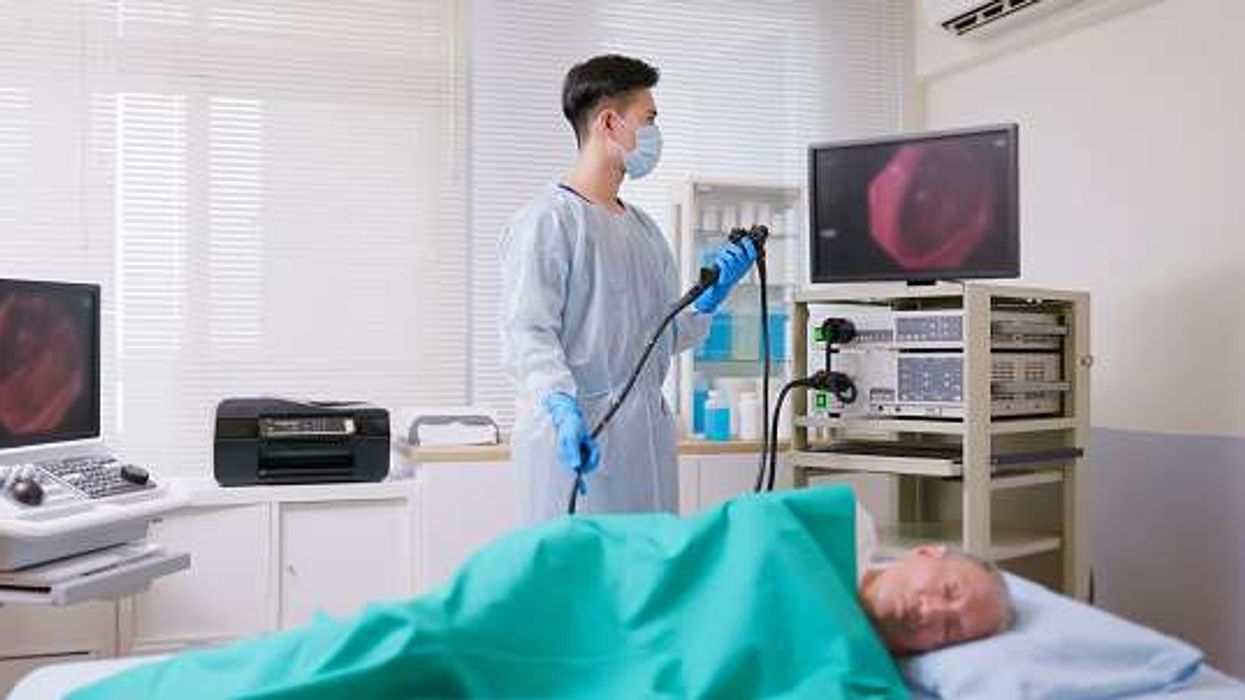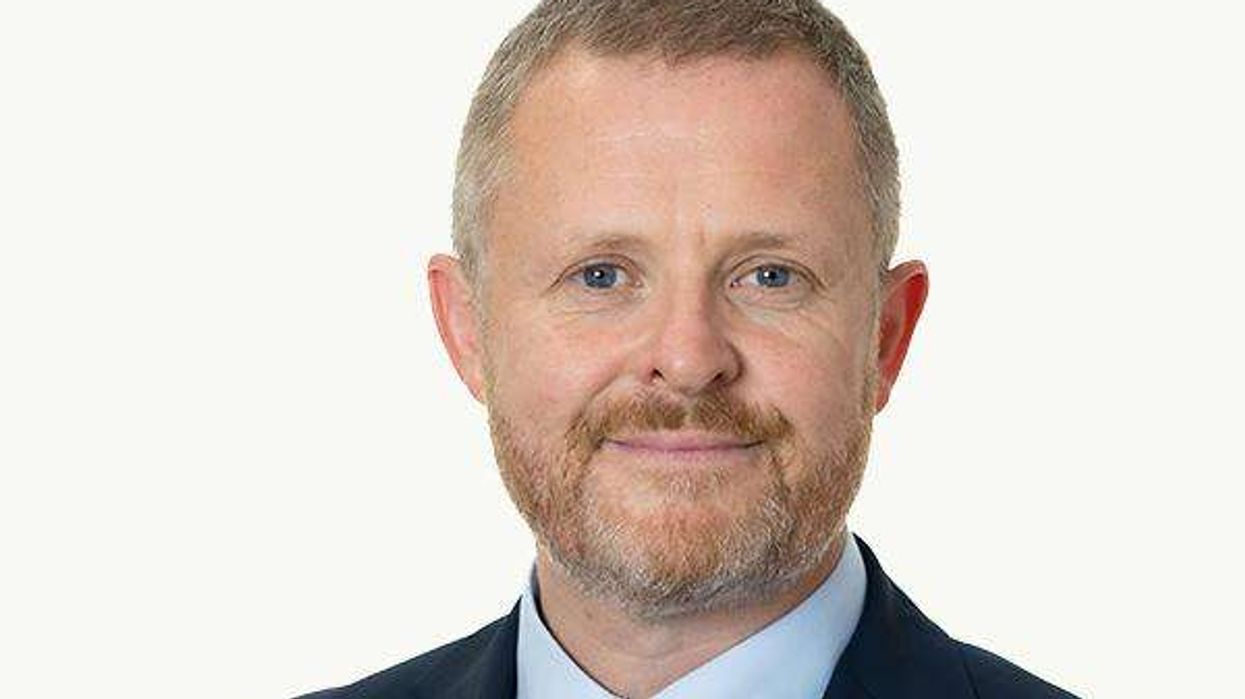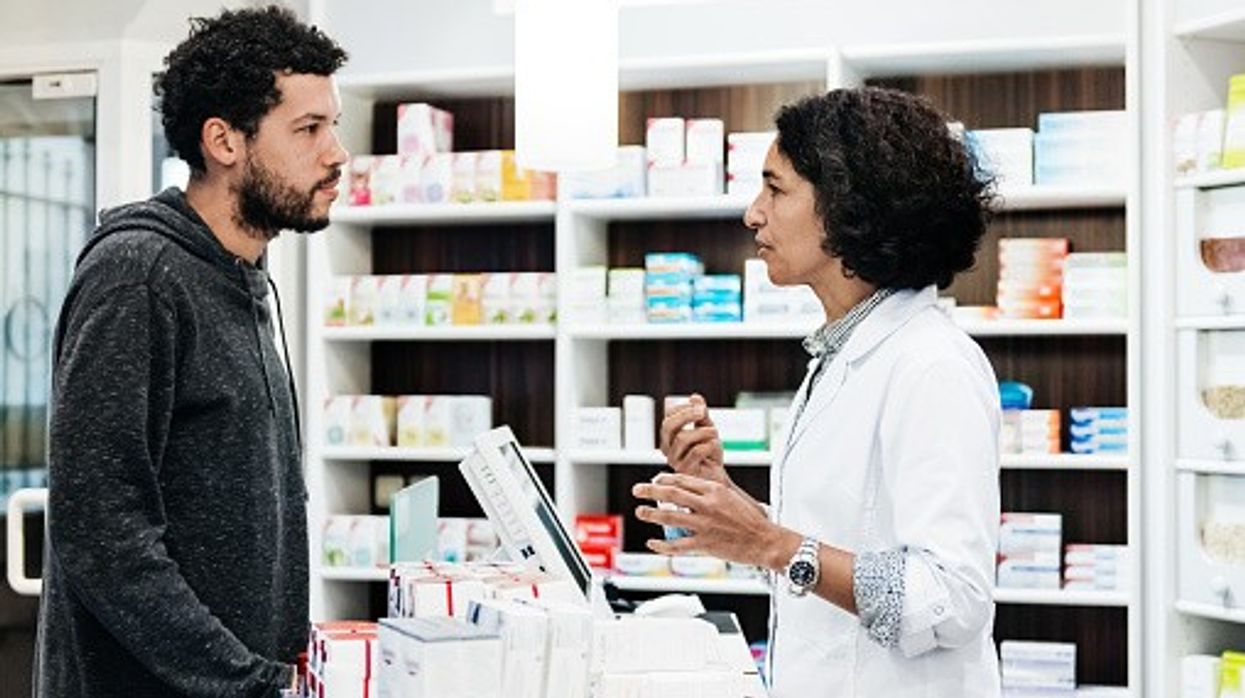Clinicians at Portsmouth’s Queen Alexandra Hospital are leading medical trials of a blood test that could help to save thousands of lives a year by predicting sepsis days before patients show any symptoms.
The test, originally researched over 10 years at the Defence Science and Technology Laboratory (Dstl), is now being developed by government spin-out company Presymptom Health which believes it could save billions of pounds globally and improve clinical outcomes for sepsis patients.
Sepsis is the immune system’s overreaction to an infection or injury and is associated with life-threatening organ dysfunction. Worldwide, an estimated 49 million people a year contract sepsis, while in the UK almost two million patients admitted to hospital each year are thought to be at risk of developing the condition.
Presymptom Health believes the technology can predict whether a patient will develop sepsis around three days before symptoms appear, enabling clinicians to treat them much sooner and manage them more effectively.
Professor Dame Angela McLean, chief scientific adviser for the Ministry of Defence, said: “The announcement today is a great step forward in finding potential new ways to tackle sepsis, which causes up to 48,000 deaths and significant life-changing effects in nearly 80,000 people in the UK every year.
"The seminal work led by Dstl, now taken forward by Presymptom Health, has the potential to provide the technology capable of detecting sepsis early, enabling more rapid treatment, and saving lives.
The trials are being led by Dr Paul Schmidt and his team at Portsmouth Hospitals University NHS Trust, with two other sites anticipated to go live during the summer. Up to 600 patients admitted to hospital with respiratory tract infections will be given the option to participate in the trial.
The initial trials will last approximately 12 months and will include samples taken from patients alongside samples collected in a Dstl biobank.











